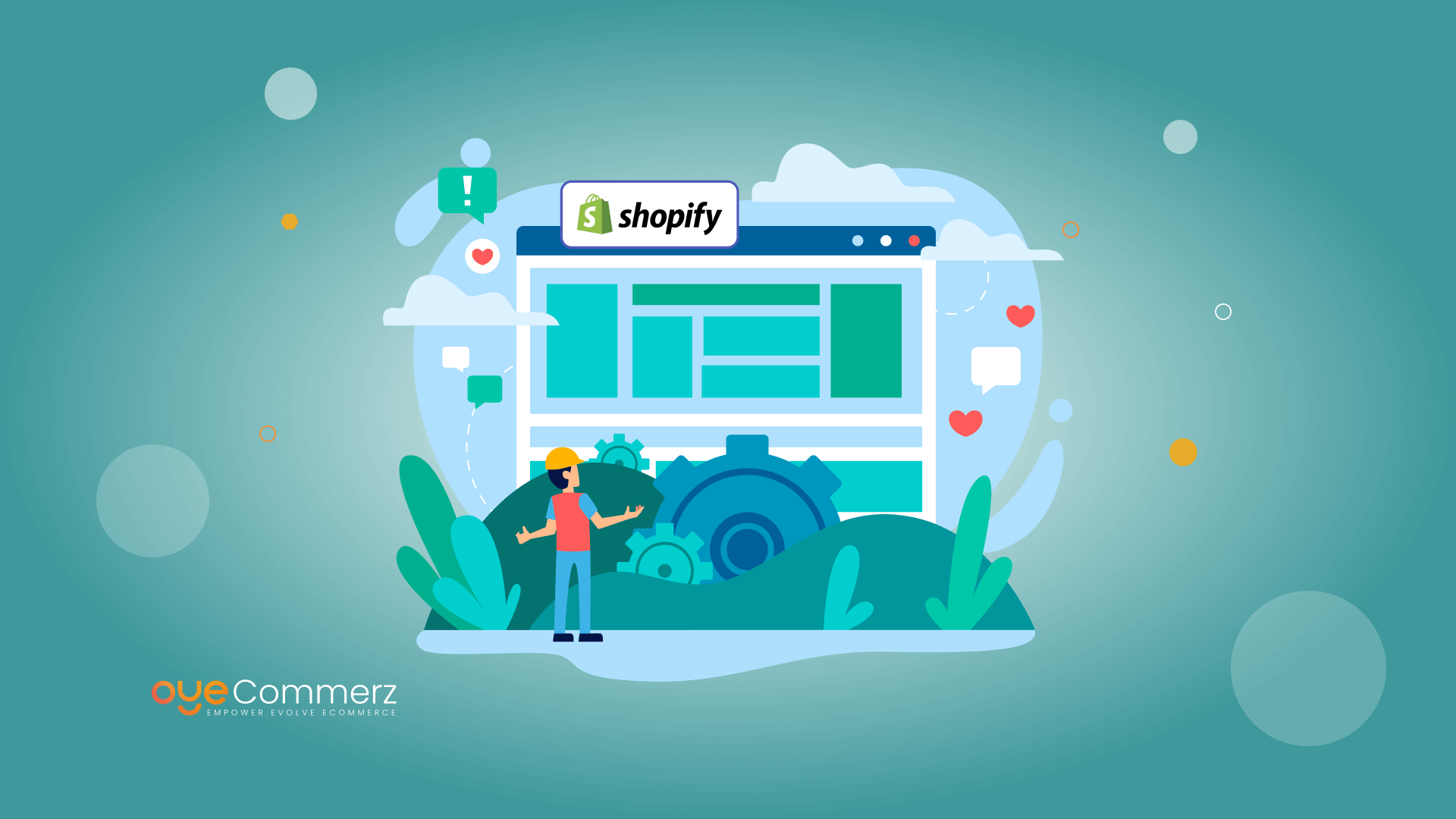Overview
In today’s cutthroat e-commerce landscape, differentiating is paramount, and one of the best ways to set apart a Shopify store is through custom app creation. A well-built Shopify app can enhance store capabilities, simplify processes, and elevate customer interaction. This article explores essential elements of Shopify app development, covering API integration and app ecosystem to growth techniques and promotion methods, providing a roadmap for businesses seeking unmatched store performance.
The Importance of Shopify API Integration
Shopify’s API offers robust tools to personalize and extend store capabilities. With the GraphQL and REST API options, developers can access data to create apps that handle inventory control, order handling, and customer information management smoothly. Integrating Shopify’s API can lead to better workflow automation and enables stores to serve customers more efficiently.
Utilizing the Polaris Design System
Shopify’s Polaris is Shopify's set of design guidelines for designing intuitive and easy-to-use Shopify apps. By following Polaris principles, developers ensure that apps seamlessly integrate within the Shopify Admin interface. This ensures a cohesive appearance that resonates with Shopify merchants, promoting usability and comfort for merchants using your custom app.
Understanding the Shopify App Ecosystem
The Shopify app ecosystem provides numerous opportunities for enhancing online stores. From managing fulfillment processes to increasing customer interaction, apps in this ecosystem are tailored to meet various business requirements. Familiarizing with this ecosystem assists developers in finding unique app opportunities and allows for smooth connections of external tools that add value to the store.
Building Embedded Shopify Apps
Embedded apps work seamlessly within the Shopify Admin, providing a smooth interface for merchants. They ensure that merchants do not need to leave their Shopify control panel, streamlining their workflow. Using Shopify App Bridge and embedded app capabilities is recommended for offering a unified, integrated user experience.
Using Node.js and React for Shopify Apps
The technologies Node.js and React have become top options for Shopify app development. Node.js enables high-performance back-end services, while React enables interactive and adaptive front-end design. Combined, they provide an strong framework for building fast, scalable Shopify apps that improve store functionality and customer interaction.
Utilizing Webhooks in Shopify Development
Webhooks enable instant data updates between Shopify and an outside application. They trigger events such as order creation or stock changes and provide immediate alerts to your app. By utilizing webhooks, apps can deliver real-time insights for store owners, simplifying processes and boosting productivity.
Customer Engagement and Digital Marketing for Shopify Apps
To make a Shopify app successful, engaging customers is key. Using digital marketing strategies like SEO, email marketing, and social media campaigns can increase app usage. Additionally, designing apps with customer interaction as a focus (e.g., loyalty programs or personalized suggestions) boosts user loyalty and loyalty.
Making Your Shopify App Scalable
As e-commerce stores expand, so do their technological Polaris design for custom Shopify apps needs. Making sure that your app can scale to handle increased traffic, larger data sets, and more complex functionalities is essential. By improving server resources and using scalable solutions, you can create apps that grow in tandem with a store’s growth.
Essential Features and Maintenance for Shopify Apps
For an app to be useful, it should offer essential features like user authentication, analytics dashboard, and support channels. Regular app maintenance, with updates to fix bugs and ensuring compatibility with new Shopify features, is vital to maintain uninterrupted performance and prevent disruptions to merchant workflows.
Conclusion
Custom Shopify app development offers immense opportunities for e-commerce businesses, offering the chance to improve performance, simplify operations, and foster customer loyalty. From integrating APIs to focusing on scalability and customer interaction, creating a Shopify app requires thoughtful preparation and well-planned actions. If you’re prepared to unlock your store’s full potential, a custom Shopify app Discover Shopify app options may be the perfect solution. What capabilities do you see for your dream application? Share your ideas and begin the journey to an enhanced e-commerce experience!
